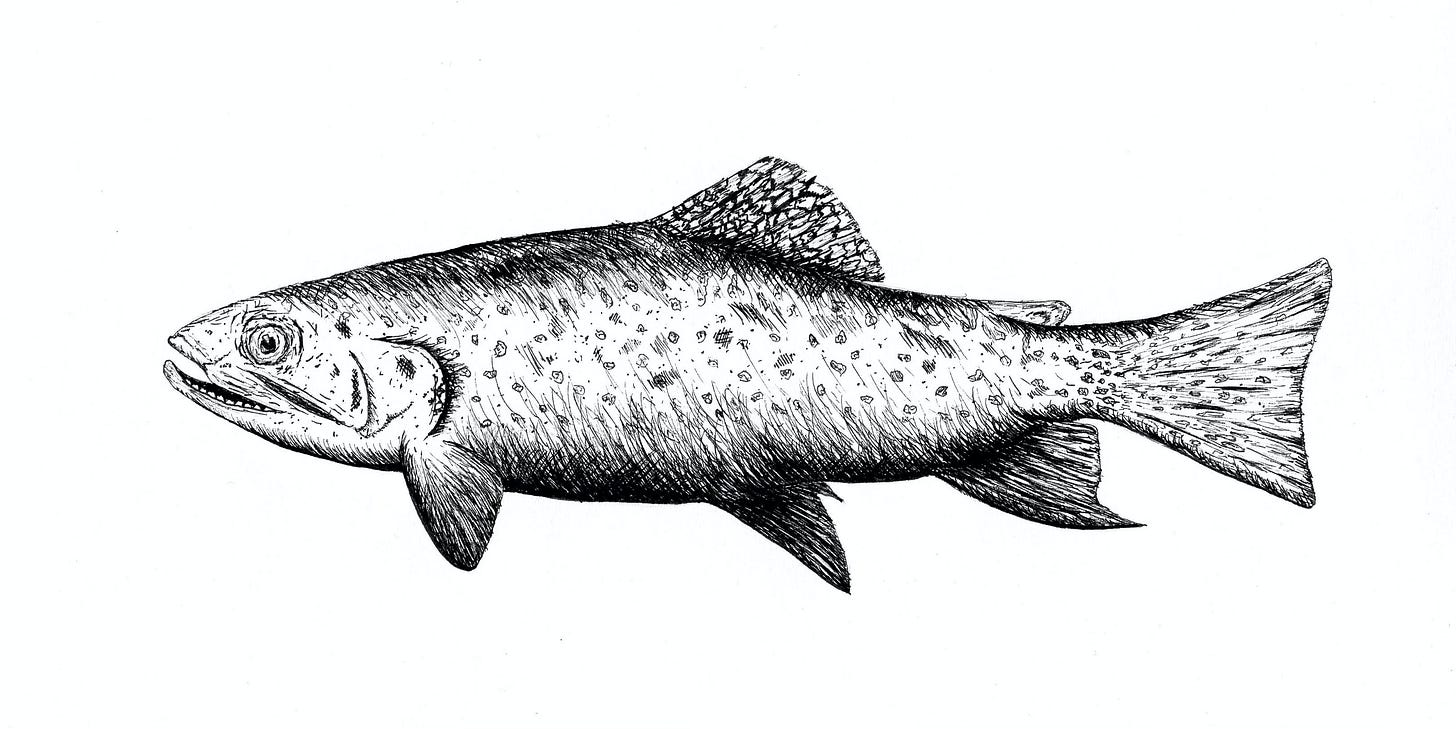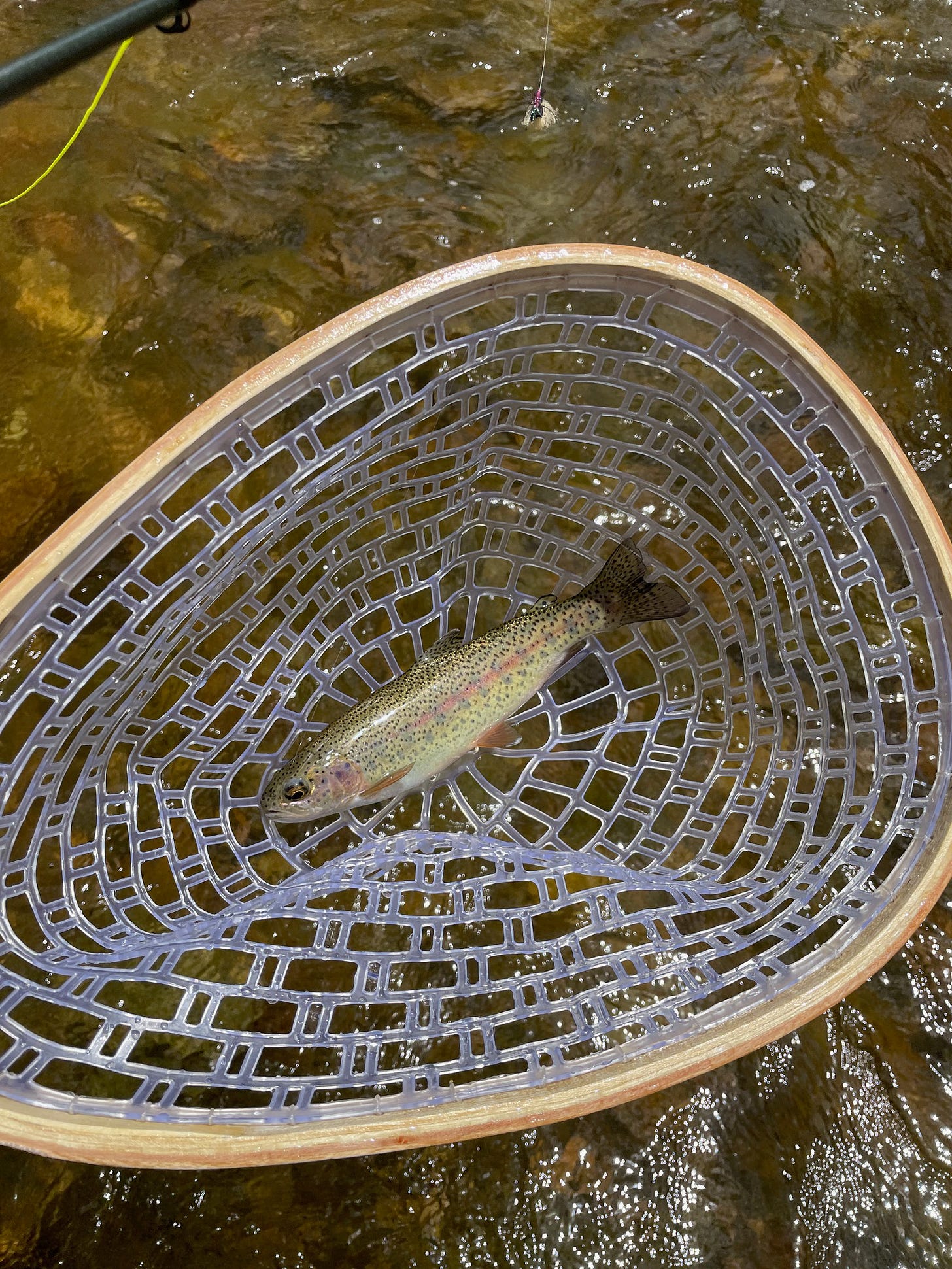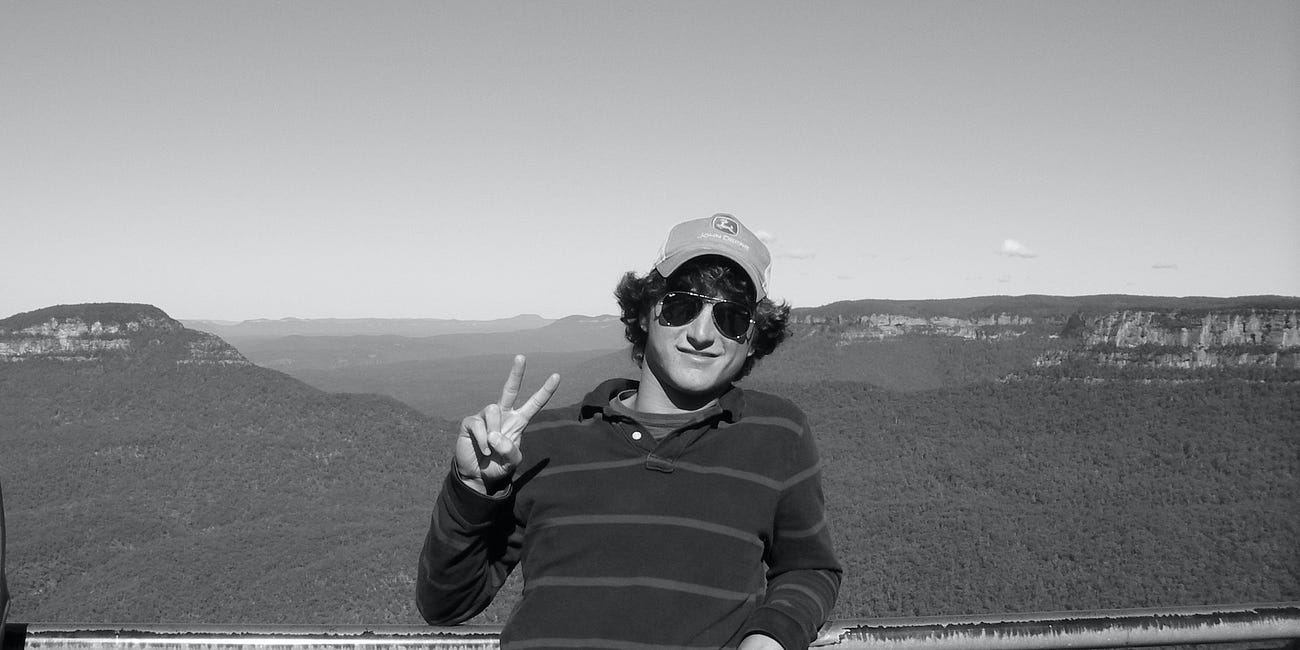
Tom Chesterfield left his phone on the desk and snagged the fly rod from the corner of his cubicle.
Standing on the loading dock, he loosened his tie and surveyed the cottonwoods glimmering in the midday sun, casting shadows exactly where he wanted them.
Some days trains idled behind by the building, but today it was quiet. Chesterfield climbed the rock bank to the empty tracks and strolled east over the rail ties until he reached the trestle at the creek.
He peeled off the tracks, sliding down the loose gravel, and planted his feet on the sand bar at the water’s edge. Resting his rod against a block of concrete, he knelt down and slipped off his loafers, rolling his pants to his knees.
“Yes,” the man whispered, closing his eyes as he stepped into the cool water. He unhooked the fly and rolled it into the current, where it dipped and bobbed on the surface into the riffles beneath the shade of the trestle.
After half a minute he pulled the line and recast, threading the fly through the low willows on the far bank.
When the fly drifted into an eddy, the brook trout hit.
Chesterfield set the hook fast but took his time bringing the fish in, letting it put up an honest fight. Landed, he admired the sunburst colors in his hand, a red dawn breaking into a night full of stars, a little masterpiece gasping for air.
Sliding the fly from the trout’s mouth, he loosened his grip and the fish skittered back to safety. He rinsed his hands, washed the sand from his feet, then slid into his loafers, nodding at the fishing hole before turning toward the tracks.
Back inside the fluorescent office, Tom Chesterfield stashed his rod in the corner of his cubicle, checking his phone for what he might have missed.
I’ll admit this one is a lightly fictionalized version of my life when I worked a soul-sucking job in finance. The lunch-break fishing helped morale, even if it was only in my head . . . but not as much as quitting.
“Fiction is the lie that tells the truth.” Neil Gaiman said that. Sometimes I write short stories (instead of essays). It’s nice to forget the facts once in a while, you know? I’ll throw these out every other week, mix it up.
If you liked this one, try another . . .
Ferocious Tranquility
We don’t deserve anything in life. Harsh, right? But I say this with a wholehearted belief in humanity—in human rights, in community, in the beauty of thinking not me but we—and yet, I also believe that none of the privileges we enjoy can be taken for granted.







Fishing is one of those things that seems so romantic as an activity and then I can never seem to commit myself to enjoy it, although all of the appealing ingredients are there:
the isolation, the commune with nature, the meditative wait. All of that and more, the self imagining as a Norman Rockwell painting even. Martin, I enjoy the economy of language in your stories, what simple vignettes they are, and the understated message underlying them. Such a simple line to me, but landing this rhapsodic vignette on checking the phone for "what was missed" is such a poignant note in our current screen-engulfed zeitgeist. Well done sir! This pairs nicely with the owl feathers story. Keep reeling in these stories, you're luring in a new fan my friend!
Martin, I used to fish a lot more than I do now, but it was an escape of sorts no doubt. Sometimes for most of a morning, or late afternoon into the evening until it was too dark to see my line. Occasionally I fished at night for catfish. The time of day or evening didn't matter but the time itself did. The time spent in solitude, clear thinking-or no thinking, peace, reflection. It mattered. Thanks for the short story, it made all of the sense in the world to me. - Jim